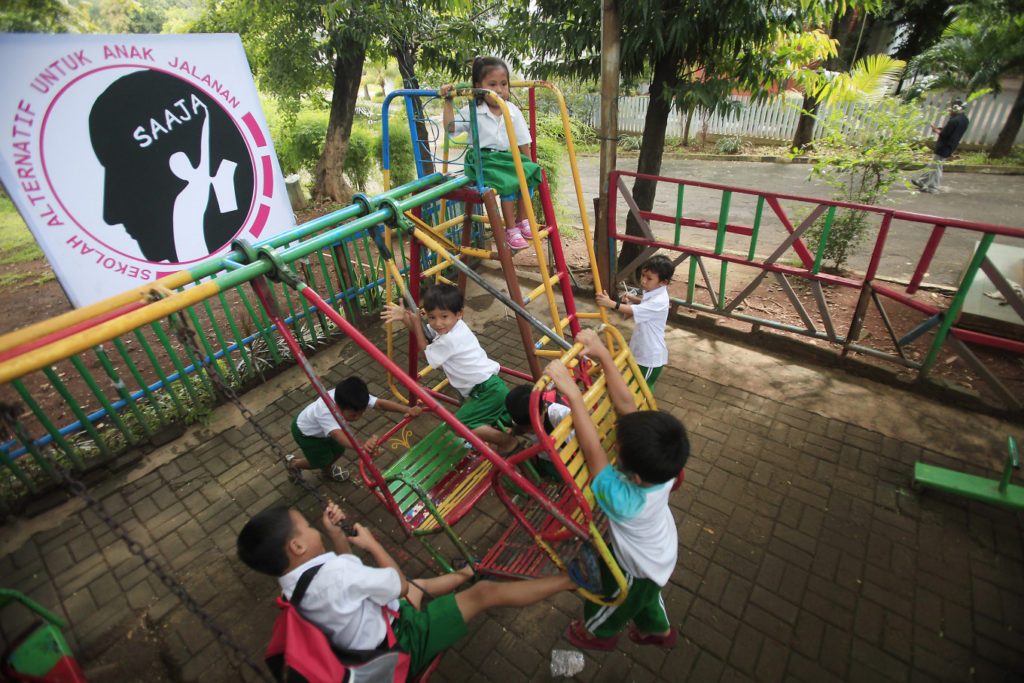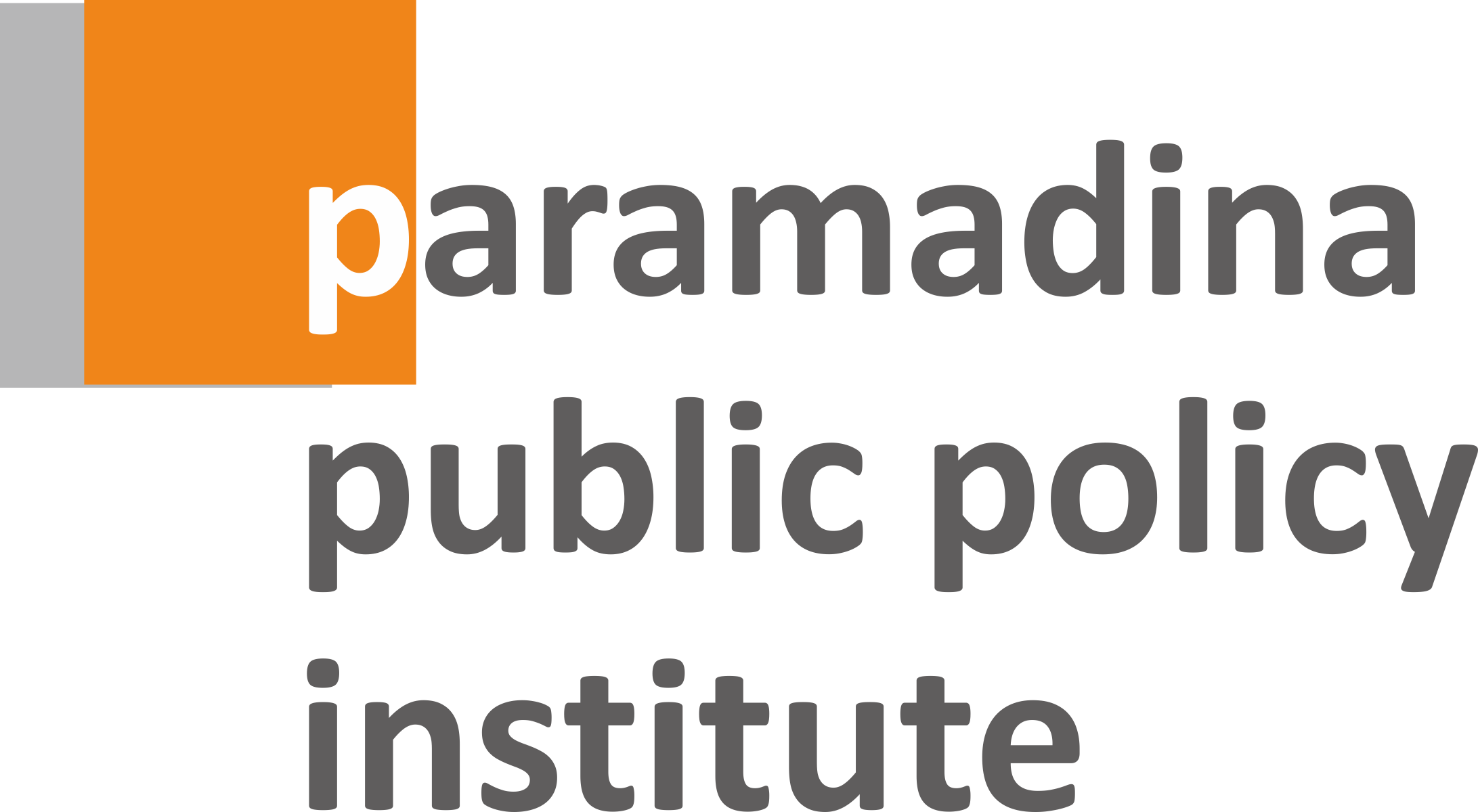
October 26, 2019
Schools and parents are natural partners, yet they never collaborate properly. Their relationship, unfortunately, is more like that between a service provider and its consumers. They should in fact be working together to improve education, given their common interest.
Ki Hajar Dewantara, our “Father of Education”, suggested that the “three centers” or three stakeholders — family, school and community — must work together to educate our children.
The problem lies in the implementation. In September, the World Bank and Australia’s Department of Foreign Affairs and Trade conducted a forum to display studies on early childhood education (ECE). The forum provided valuable insight from at least eight longitudinal studies by world-class researchers on aspects ranging from the impacts of early childhood education to the importance of parenting in the “golden year” period of children development.
A 2016 World Bank study on the role of parenting found that good parenting can reduce the achievement gap between male and female students. This cognitive and noncognitive longitudinal achievement study conducted in 2009, 2010, 2013 and 2016 involved 10,000 children between the age of 6 and 9 years in Indonesian villages.
Nozomi Nakajima and fellow researchers in this study agreed that positive parenting could strengthen the benefit of ECE for child development. This finding is consistent with the previous 2013 World Bank impact evaluation of a positive correlation between higher levels of parenting knowledge and abilities and better outcomes for children.
This goes beyond parents’ income and education: parents with higher levels of warmth and consistency, and lower levels of hostility, generally had children with fewer behavioral problems, better health, increased emotional maturity, higher communication skills and stronger cognitive development.
The synergy of ECE and parenting education is vital to ensure a good start of childhood development and education. The government cannot work alone and monopolize all the work. Parents have the most direct influence on a child’s mind and life — more than bureaucrats, teachers or neighbors.
According to the World Bank study, the term parents refers to caregivers who provide primary care of children, whether biological parents, adoptive parents, grandparents or other extended family or friends — those adults who protect, provide for and nurture children, so they can be well and succeed in life.
The 2016 parenting study shows that boys were not performing as well as girls in language and mathematics in their early years of elementary school.
Using the early development instrument, the study showed the girls performed better than boys in social competency and emotional stability. These findings are consistent with similar research done in Organization for Economic Cooperation and Development (OECD) countries. This gap, unsurprisingly, declines when good parenting kicks in to help the boys cope with math, language skill, social and emotional problems at school and in life overall.
Indonesia started paying more serious attention to parenting education in January 2015, when President Joko “Jokowi” Widodo initiated the Early Childhood and Community Education Directorate General at the Education and Culture Ministry.
The Health Ministry runs the Mothers’ Class (Kelas Ibu) program for pregnant women and mothers of children younger than 5 years of age. The National Population and Family Planning Board (BKKBN) runs the Guidance for Families with Infants (BKB) program for parents of children from birth to 6 years of age, often in coordination with ECE programs. The Social Affairs Ministry operates two programs, including one for poor families.
The Mothers’ Class, BKB and PKH often depend on the government budget, especially in remote and poor regions; consequently, they are not sustainable. We need new schemes that invite and welcome collaboration from parents, individually and collectively. A 2019 ECE access study in Indonesian villages by Amer Hasan and colleagues at the World Bank shows that an external initiative in the villages, such as pilot programs or donations, can only keep going after the intervention period if the parents and community are involved.
Three years after the program’s termination, 92 percent of ECE playgroups are still operating because of the following factors: good quality, high parental involvement, affordable tuition, adequate teachers’ salary and no competing ECE service nearby.
Involving parents in education is not always about money. This is exactly the problem with our conventional school-parents relationship. This is an anomaly in our free-tuition mentality among parents whose children go to state schools. In the United States, it is common that parents help out schools in attendance checking, tending to the cafeteria during breakfast or lunch, in bake sales to get some extra funding for student activities, or on school trips as chaperones. Parents’ involvement as simple as eating dinner together is very significant to the children’s academic performance.
A 2013 study of the Program for International Student Assessment under the OECD shows that, in most countries and economies, students whose parents eat the main meal around the table with them at least once or twice a week are less likely to arrive late for school or skip classes or days of school and have a strong sense of belonging at school. This is compared to students of similar socioeconomic status, but whose parents eat with them less often.
The ECE level is dominated by private institutions, unlike the elementary school level that is dominated by state schools. Accordingly, we need to marshal massive support from the parents, especially mothers.
Indonesia has the Family Welfare Movement (PKK) in almost every corner of the country that could help synergize many stakeholders in the ECE development. Though to a lesser extent compared to the New Order years, the PKK is attached to the central and local government, while the lead executors are usually the wives of the governor, regent or mayor in the case of male leaders.
Empowering PKK organizations will energize mothers everywhere to work hand in hand to improve ECE. It is even better if there is training for the mothers on child-rearing, character-building education or healthy eating behavior. A study by the Center for Indonesian Policy Studies shows that one of three children under the age of 5 suffers stunting or malnutrition. Mothers can help solve this problem.
Indeed, another survey by the World Bank on mothers of 6,000 children in 310 villages across nine regencies shows the more educated mothers more often give milk, eggs, meat and fruit to their children.
The lesson learned: Schools and parents must collaborate. School principals must cherish parents’ initiative and build an atmosphere of collaboration in the school. (*)
Totok is a researcher and assistant professor at Paramadina University, PhD examiner at Jakarta State University (UNJ). He is an adviser at Paramadina Public Policy Institute
This article was firstly published in the Jakarta Post
